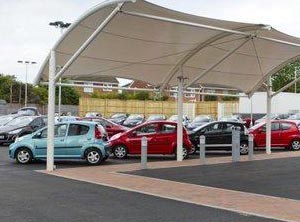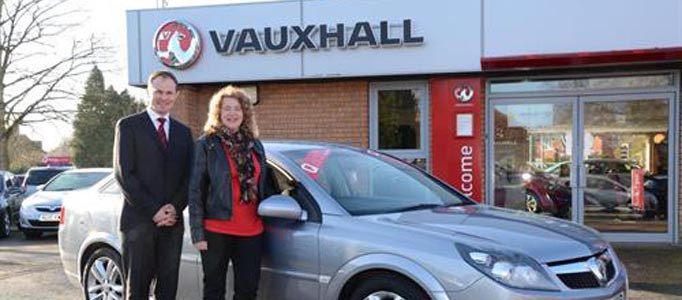Why wait while you save to buy a fantastic new car – when you could be enjoying it right now by ‘renting” it? That’s the current trend in Britain’s fast-changing motoring marketplace as more and more drivers choose to lease cars instead of buying them outright.
A recent survey of the UK’s car-buying behaviour has revealed a boom in buying cars using the latest and most convenient finance packages. It found that a whopping seven-out-of-ten car purchases are now made using schemes like personal contracts and leasing.
At the same time, the latest figures from the motor finance trade organisation the Finance & Leasing Association (FLA) show how big is this boom in buying cars on credit. They say the value of new cars purchased privately on finance has soared 40% in 12 months. British buyers are now spending more than £9 billion on car finance schemes each year.
Increasing numbers of buyers are less interested in the price tag in a car’s windscreen – and much more excited about what the monthly payments might be.
Indeed, recent figures from leading online car broker CreditPlus show that the vast majority of the thousands of car buyers using their site are obtaining cars with tiny deposits. “Over 87 per cent of consumers using car loans this year placed less than five per cent as the vehicle deposit,” they say.
Behind these figures is the underlying trend that the ‘normal’ way to get a new car today is to opt for a Personal Contract Plan to buy a new car on a three-year cycle. PCPs involve putting down relatively small deposits and paying just a few hundred pounds a month. Buyers have become comfortable with never actually owning the car outright.
“We are becoming a nation of car renters,” says financial expert Lee Boyce on the This is Money website. “In this tough economic climate, it appears that PCP deals fit in better with people’s budgets each month.”
The huge rise in car-buying using borrowing schemes like these has been fuelled by increasingly competitive finance deals on offer. Leading brokers like CreditPlus are now able to offer cars from less than £100 a month.

British car buyers are also attracted by the prospect of owning a new car on low-cost finance while being protected from unexpected expensive bills by a manufacturers’ warranty. Improvements in warranties themselves has helped. New cars usually come with three-year guarantees, some are offered with five year-warranties or even more (Kia currently offer a seven-year warranty).
The FLA’s latest statistics show that more than 70% of all private new cars sold over the previous 12 months were funded by finance. Deals and PCP agreements now account for 63% of that total.
Paul Harrison, Head of Motor Finance at the Finance and Leasing Association told CreditPlus: “Motor finance companies have provided drivers with an extra £2 billion of finance in the last 12 months allowing thousands more people to drive away from the showroom in a new car.”
PCP deals offer buyers three choices at the end of the term: make a ‘balloon’ payment to own the car outright, hand the car back or use the ‘equity’ in the car to act as a deposit for a new PCP deal.
New FLA figures suggest only 20% make the balloon payment and less than that simply hand the car back. The majority use the equity – the difference between the balloon payment and the real value of the car – to fund a new PCP and begin the process all over again.
This is how many drivers are affording to switch new cars every few years. “This has resulted in a growing number of people essentially ‘renting’ a car,” says This Is Money. “They are repeating the process over and again in order to upgrade their motor, almost like a mobile phone contract.”




 Facebook
Facebook Twitter
Twitter Instagram
Instagram LinkedIn
LinkedIn Youtube
Youtube